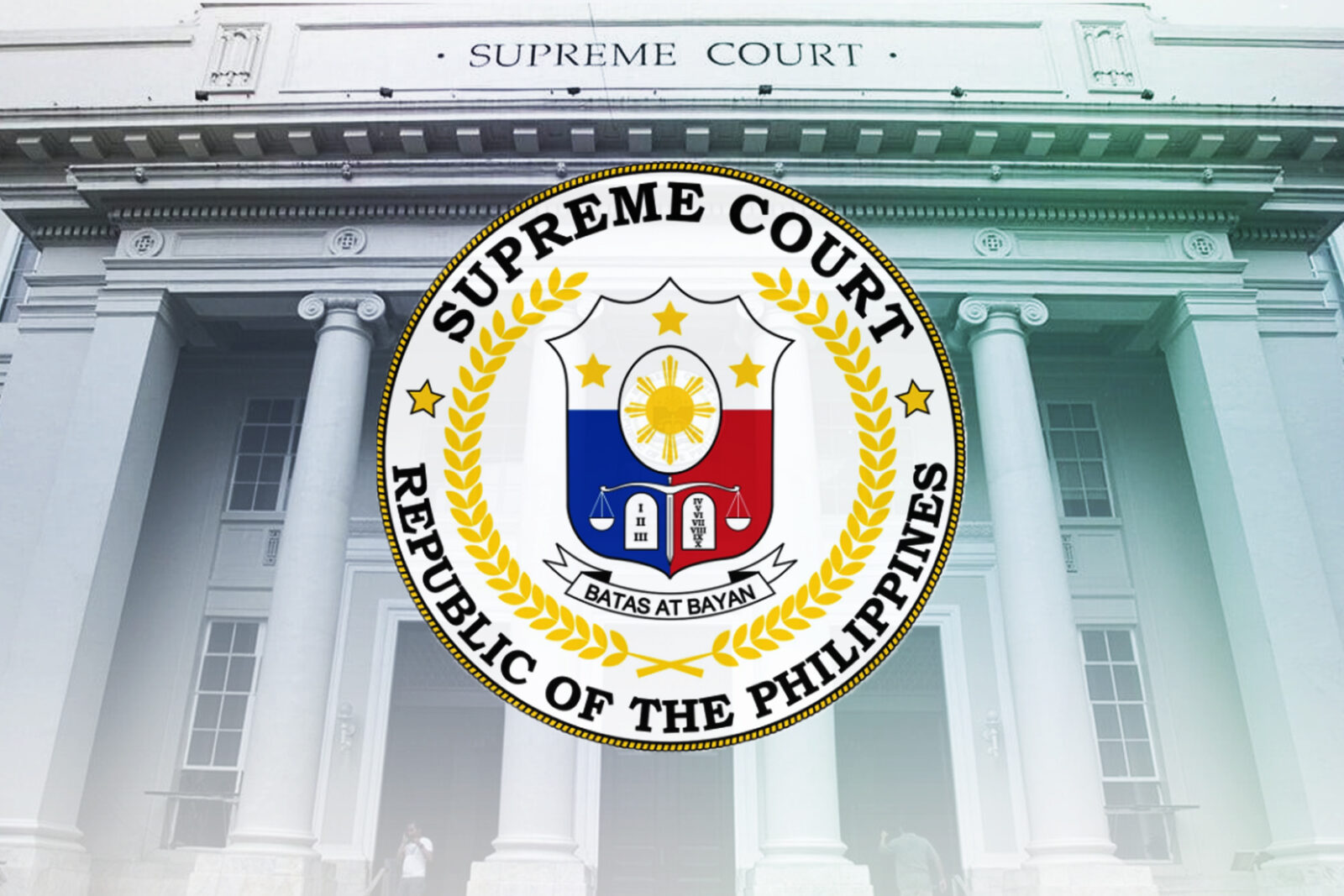SC voids land sale where buyer knew seller was not rightful owner

The Supreme Court has nullified a property sale after ruling that the buyer knew the seller was not the rightful owner of the parcels of land.
In a 12-page decision penned by Associate Justice Maria Filomena Singh, the Supreme Court’s Third Division voided the sale of property by Bayani Cerilla to Edward Ciacho, upon finding that Ciacho was aware the properties did not belong to Cerilla.
The decision in G.R. No. 259051 was promulgated on Feb. 26. It was made public on Wednesday.
The case involved two parcels of land in Tacloban City, which Adolfo De Guia inherited. When the properties were about to be foreclosed due to unpaid debt in 1994, De Guia asked Cerilla to help by paying off the mortgage.
They signed a deed of sale and the land titles were transferred to Cerilla’s name.
A few months later, the two signed another agreement to resell the land to De Guia.
De Guia filed an adverse claim on the titles to protect his rights under this new agreement.
Illegal settlers
They later entered into another agreement in which Cerilla would buy the properties from De Guia for P15 million but only after De Guia removed the illegal settlers from the properties.
Cerilla gave De Guia P1.675 million as partial payment. But when De Guia failed to remove the illegal settlers, Cerilla took it upon himself to do the work but incurred significant losses in the ejectment.
He then asked Ciacho for a loan, using the properties as collateral.
However, Cerilla could not pay back the loan, so Ciacho asked Cerilla to sign a deed of sale on the properties.
Cerilla agreed, but asked Ciacho not to transfer the properties under his name.
No ‘innocent’ buyer
Despite this, Ciacho registered the lands under his name. When De Guia found out, he filed a case with the Regional Trial Court (RTC) to invalidate the sale.
The RTC in 2014 and the Court of Appeals (CA) five years later ruled in De Guia’s favor.
They held that Cerilla had no authority to sell the properties as he was just an “accommodation party,” or someone who helped De Guia but was not the real owner.
They also said that Ciacho was not an “innocent buyer” because he knew De Guia had a legal claim on the properties.
In upholding the CA’s decision, the Supreme Court gave weight to the finding that Cerilla was just an “accommodation party” for De Guia to avoid the foreclosure of the subject properties.
The high court noted the trial court’s finding that Cerilla’s resale of the properties to De Guia, along with his move to ask Ciacho not to register their sale of the properties, indicate that there was no intention on De Guia’s part to transfer the ownership to Cerilla.
It further pointed out that Ciacho cannot be considered an “innocent” buyer.
“Generally, to be considered an innocent purchaser for value, the buyer does not have any notice of defect or irregularity as to the right or interest of the seller, and the buyer is without notice that a third party has a claim to the subject property,” the Supreme Court said.
Claim for damages
If there is anything on the certificate of title that hints suspicion or raises any cloud on the title, right or ownership of the property, the buyer cannot be considered as an “innocent purchaser for value,” the high court added.
In his separate concurring opinion, Associate Justice Alfredo Benjamin Caguioa said that De Guia should file a claim for damages against Cerilla for violating their agreement.
The justice explained that the two had made an “implied trust” or an arrangement where two or more people agree to buy a property together and put the title under just one person’s name for everyone’s benefit.
In such cases, the person holding the title is not the sole owner, but simply holds it for the others, as Cerilla did for De Guia, Caguioa said.

















